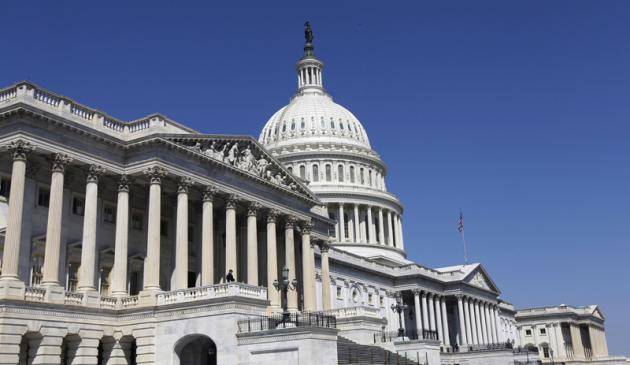After figures showed sales decreasing in the UK but growing globally; Britain’s status as a centre for the international art market seemed under threat from New York and other overseas locations. Sales of fine art and antiques in the UK dropped by 3 percent to £8 billion in 2013, set against a growth in worldwide sales of 10 percent – according to a report by Arts Economics, a research group. It seemed that the rights to resale royalties of UK artists may be effecting the market.
Now supporters of artist resale rights in the US have been sent back to square one. After the close of the second session of the 113th Congress on January 3, any bill not passed by the House of Representatives and the Senate by the end of the session and signed by the president is now dead in the water.
So it would seem that such is the fate of the 2014 American Royalties Too Act (ART). The bill which was championed by Representative Jerrold Nadler (D-N.Y.), together with Senators Tammy Baldwin (D-Wisc.), who introduced the bill this past February, and Ed Markey (D-Mass.) last year – According to the Art Law Report.
Had it the bill passed, ART would have provided a resale royalty of five percent, up to $35,000, or £23,000, to be paid to visual artists for every work sold for more than $5,000 at public auction. To begin with ART seemed set to appear for a vote last summer. The Copyright Office even stepped in to support the bill. But the it didn’t survive the 113th Congress, which has earned the not-so-glorious title of second least productive Congress in modern history, having passed only 296 bills before its close.
Sotheby’s and Christie’s allegedly sppent over one million dollars lobbying against the bill – such measures might have had a role to play in the ART’s dismissal. The US has long resisted legislating, arguing that such measures would be detrimental to the art trade; while seventy countries which include the UK, Australia, and Mexico, currently provide visual artists with a cut of the resale price of their work.
But Arts Economics’ Clare McAndrew, who led the study by Arts Economics, pointed out that the booming postwar and contemporary sector has shifted to the US, and particularly, to New York. “If you look at the US, sales have gone way beyond boom era levels,” she commented. “Since 2010 they haven’t grown in the UK at all, they’ve dropped.”
Some dealers have chosen to ignore the resale rights of artists triggering tensions with dealers who abide by the law. Although the European Commission is working on correcting flaws in the process, with issues that include the notorious “Cascade effect,” which involves art dealers occasionally being forced to pay the ARR twice for the same artwork, a problem that is yet to be resolved.
A petition spearheaded by European Visual Artists (EVA), the CISAC, and GESAC is currently asking for a global resale right to be mandatory for all member countries of the World Intellectual Property Organisation (WIPO). As of press time, the petition had achieved 14,897 signatures, and was rising.

